Over 80 percent of the ocean has never been mapped, explored, or even seen by humans. In fact, we've studied a greater share of the surfaces of the moon and the planet Mars than our own seabed. However, if that freaks you out, don't worry. There's plenty of terrifying stuff in its corners we've been to as well.
Last month, Reddit user Fragrant_Whole3328 made a post on the platform, asking others "What is the scariest thing seen in the ocean that has a photographic proof?" It immediately went viral and people have submitted a lot of creepy pictures. From the goblin shark to phantom jellyfish, here are the ones that fuel people's nightmares the most.
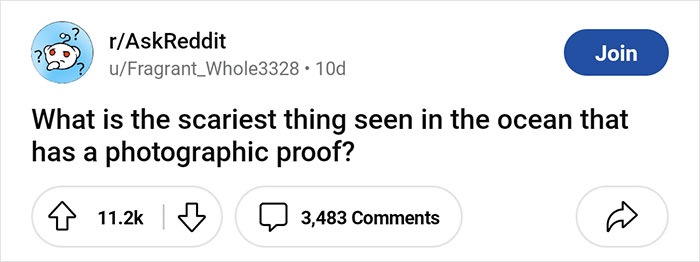
#1
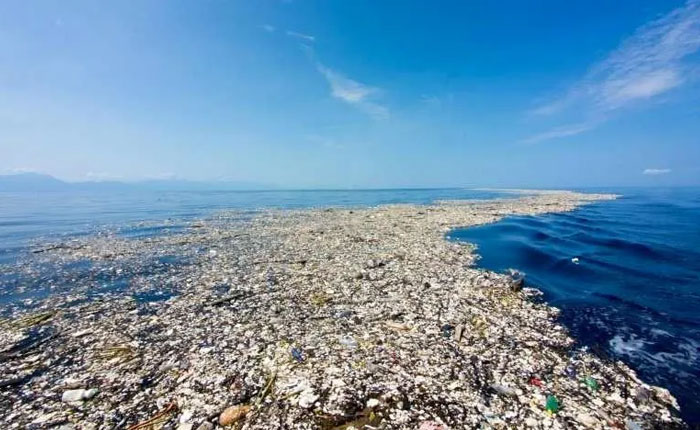
Image credits: rencal_deriver
#2
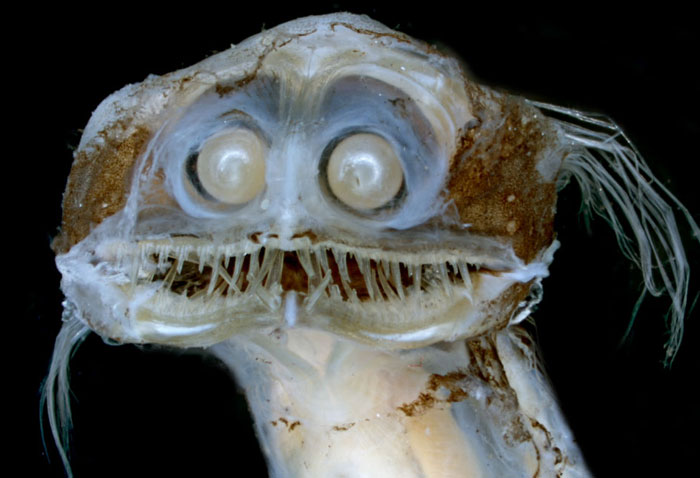
Image credits: ashlioness
#3
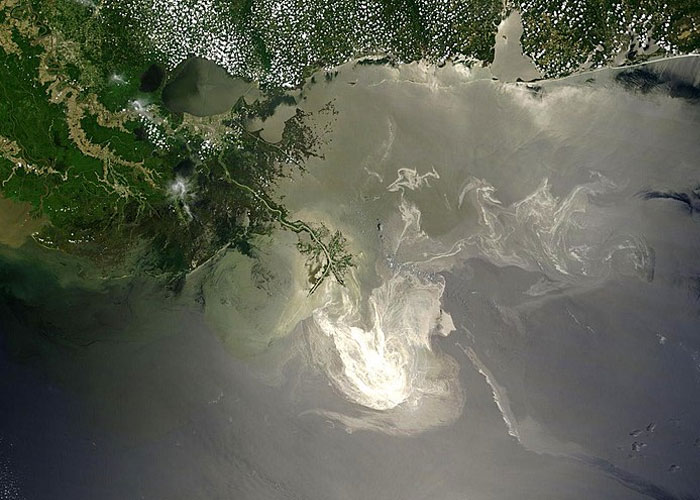
Image credits: Naliano
#4
Leopard seals. It’s something about their eyes. They’re large, fast, basically silent predators outmatched in their environment only by the Orca. Their jaws open to almost 180 degrees and they have a bite force comparable to a bull shark. The sound they make fills me with a very primal fear. And in the right lighting their eyes are terrifying. I think it’s a wolf in sheep’s clothing thing, but instead of a wolf it’s a flipping prehistoric water monster.
Edit: I have learned more horrible facts about the leopard seal, a creature I now worship out of fear there may be one under my bed. These snake-headed murder puppies are (on average) 10-foot-long 600-pound prehistoric killing machines that see any warm-blooded animal smaller than them as prey. Females have been measured to top 11.5 feet long and weighed at over 1,100 pounds of pure, flesh-ripping terror. The corners of their extremely long mouths are permanently curved upward and sometimes they smile. Shocking no one: this is usually a sign of aggression. Nothing can erase from my mind the image of these terrible fuzzy Jeff the Killer beasts *smiling.* Their heads average 14.5 inches long (awful), with jaws that can open to 160 degrees — significantly larger and any one human limb or head (I hate this). Their teeth? Guys? Holy f**k, their teeth? (TW: slightly gross uncleaned skull)
Their lower jaw is MASSIVE, even for a predator. Leopard seal skulls and bear skulls are too similar for my liking. Seal eyes have spherical lenses (what the f**k), giving them a field of vision of about 280 degrees. With both eyes, they can see basically clearly 360 degrees. Humans have about 130 degrees of visual field, and maybe 180 total degrees of vision. If you can see a leopard seal, it has already seen you. You can’t sneak up on these (need I remind you, virtually silent when hunting) murder monsters. They’re skilled at adapting to many climates and food sources, so much so that in a world where polar bears and orcas are struggling, leopard seals are considered “of least concern” on the endangered species scale. The way they eat penguins is to essentially catch them and throw them into the air until the penguin is fully degloved. They throw penguins *out of their skin*. They also have highly developed craniofacial musculature, allowing them tongue dexterity and a powerful bite force. They sometimes hunt by just… sucking prey into their mouths underwater.
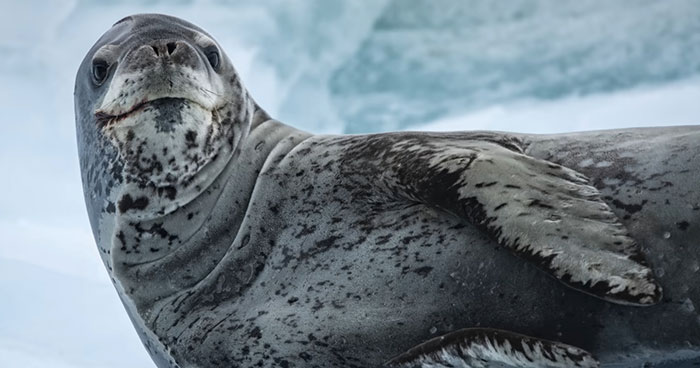
Image credits: Bravadu
#5
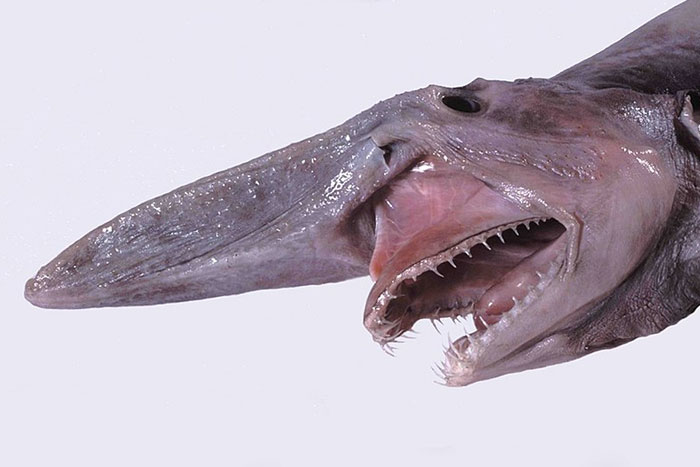
Image credits: iflysubmarines
#6
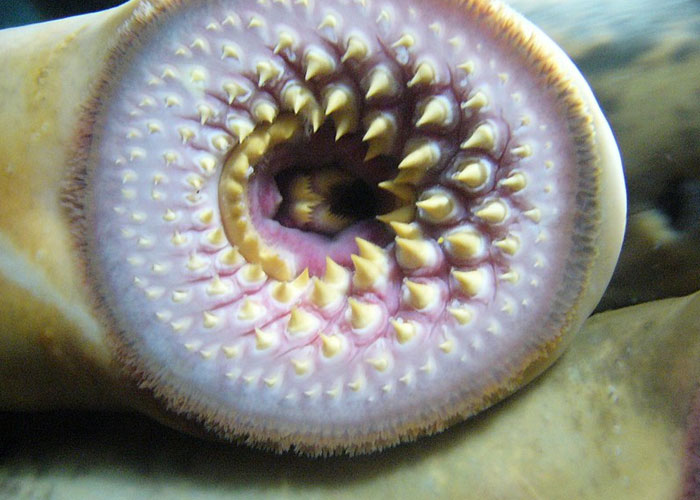
Image credits: Apprehensive-Word-88
#7
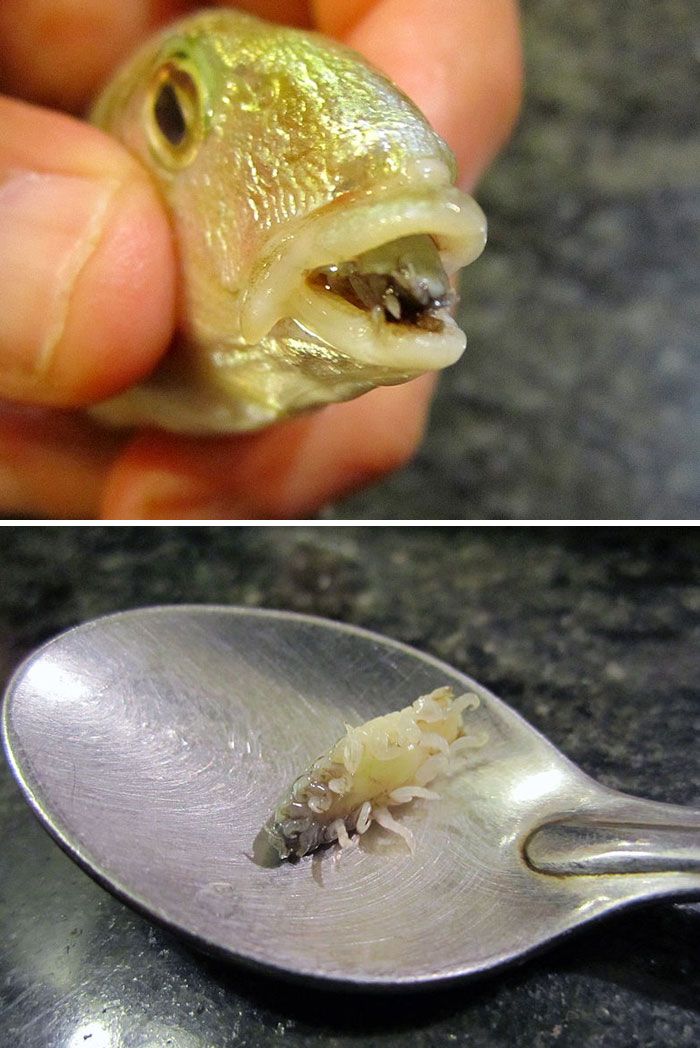
Image credits: TheMandarinsToeRing
#8
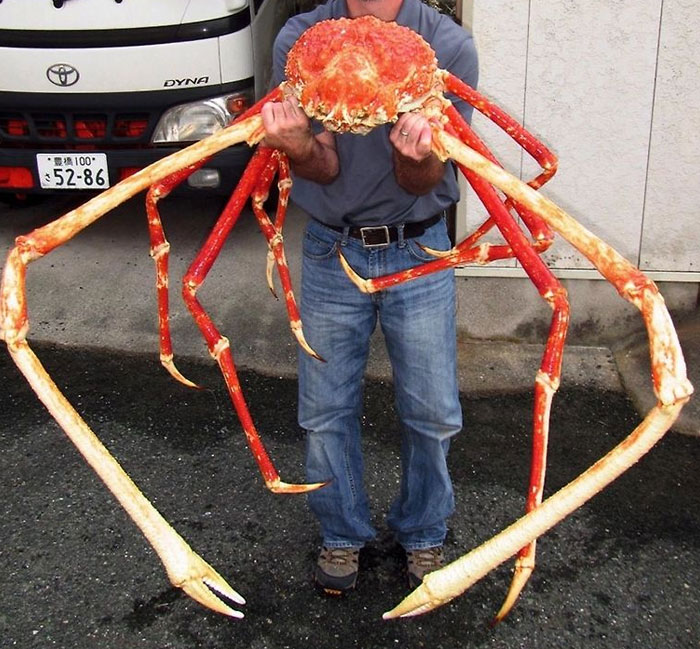
Image credits: Jormungandr315
#9
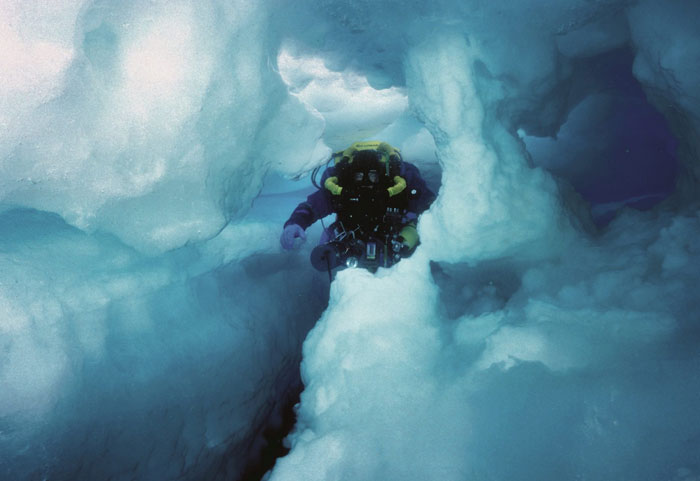
Image credits: yosemitetrailblazer
#10
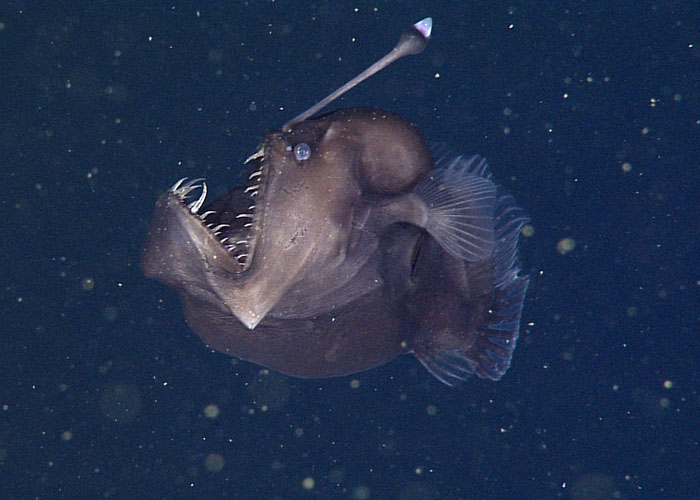
Image credits: Distasteful_T
#11
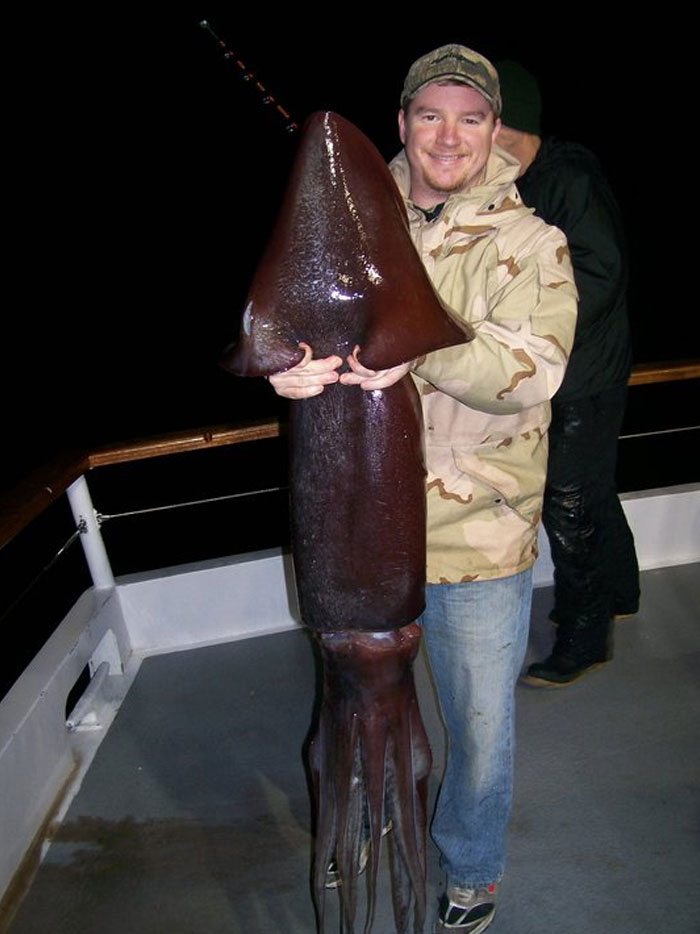
Image credits: Squidman-Bruce
#12
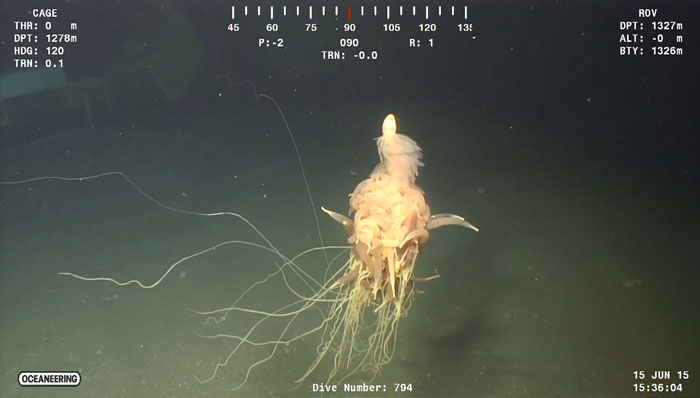
Image credits: HauntingHeartt
#13
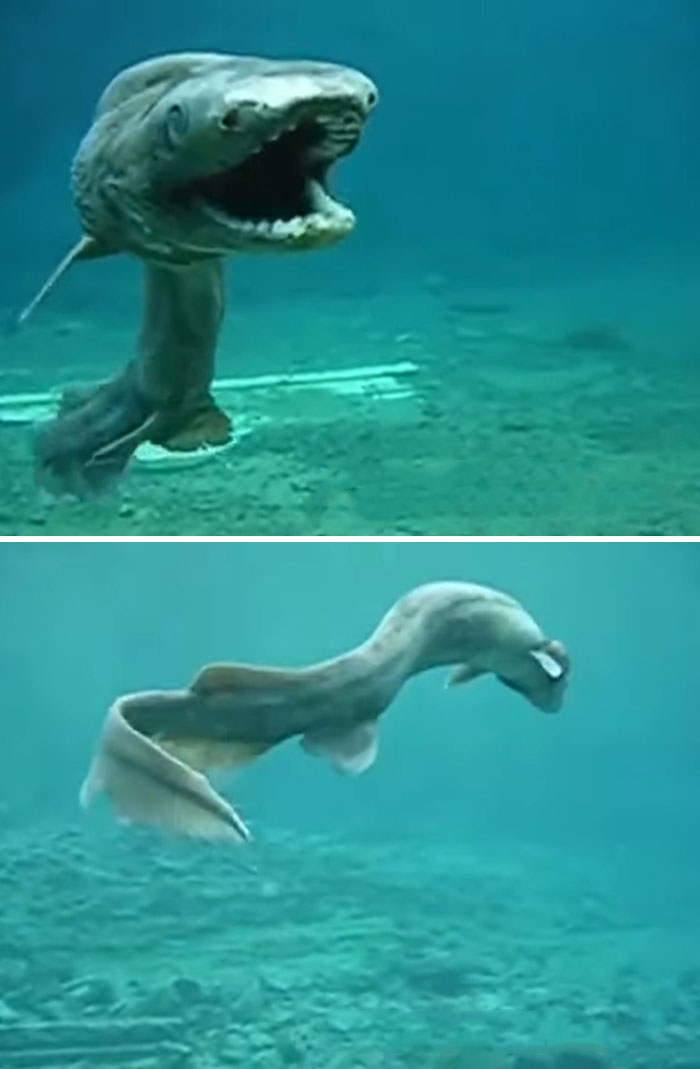
Image credits: MadBlue
#14
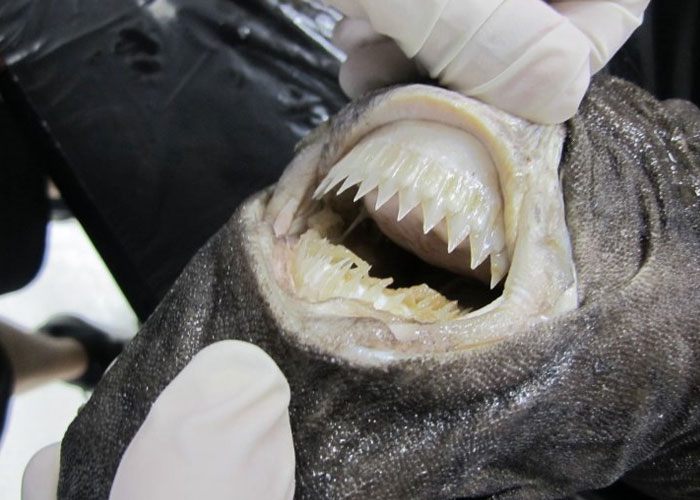
Image credits: crimsondelagator
#15
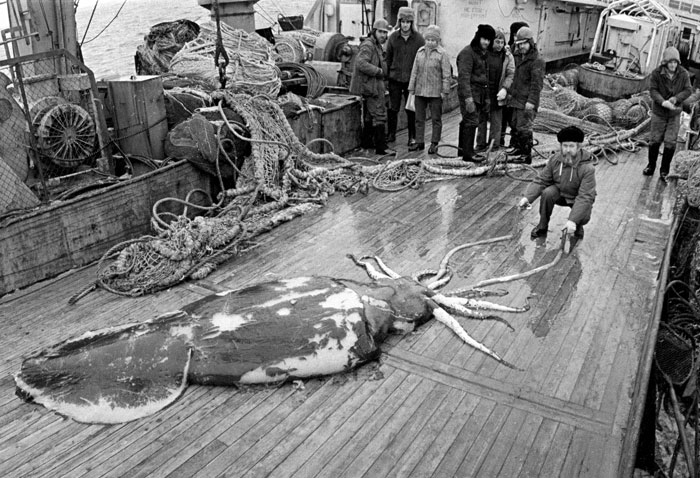
Image credits: Slanderous
#16
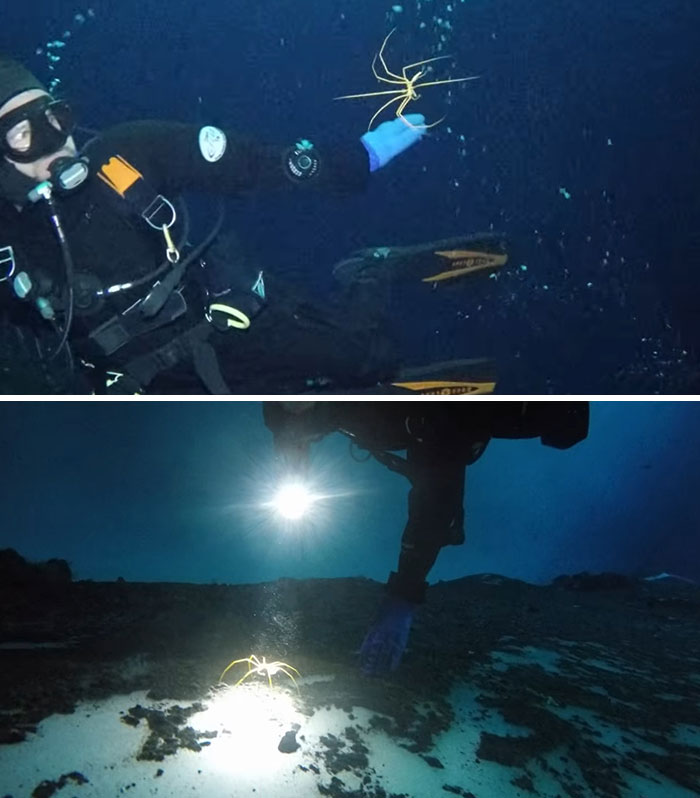
Image credits: that90sname
#17
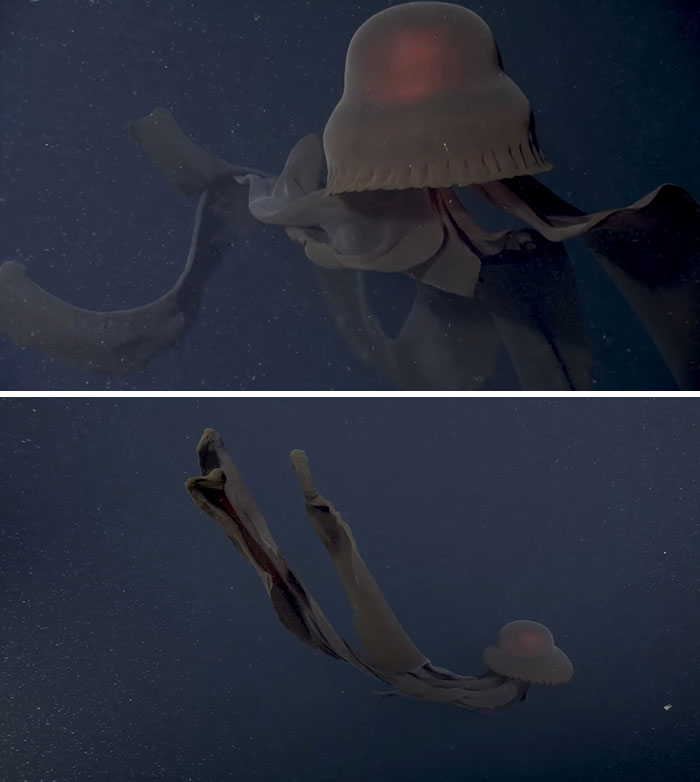
Image credits: DilligentChihuahua34
#18
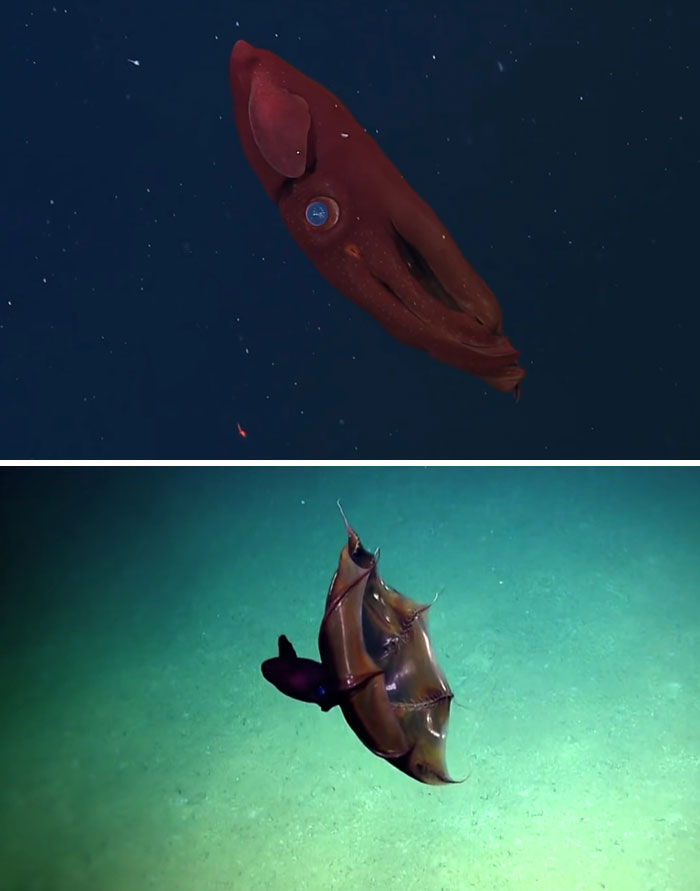
Image credits: tex83tex83
#19
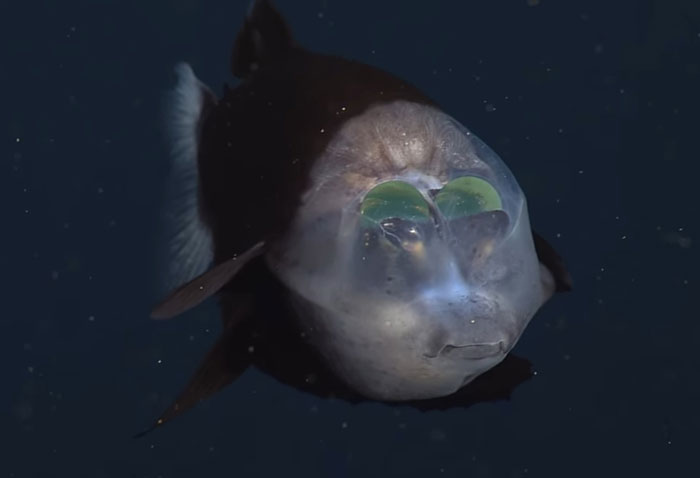
Image credits: Tenacious-V
#20
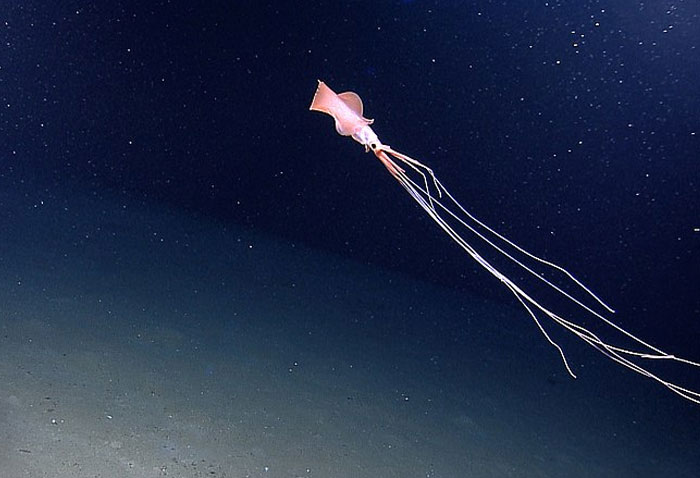
Image credits: bigcarri
#21
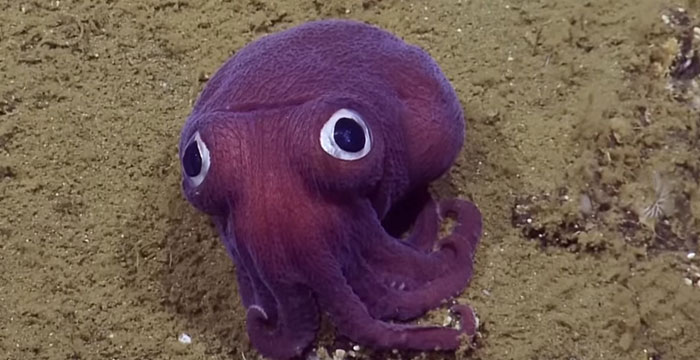
Image credits: unipine
#22
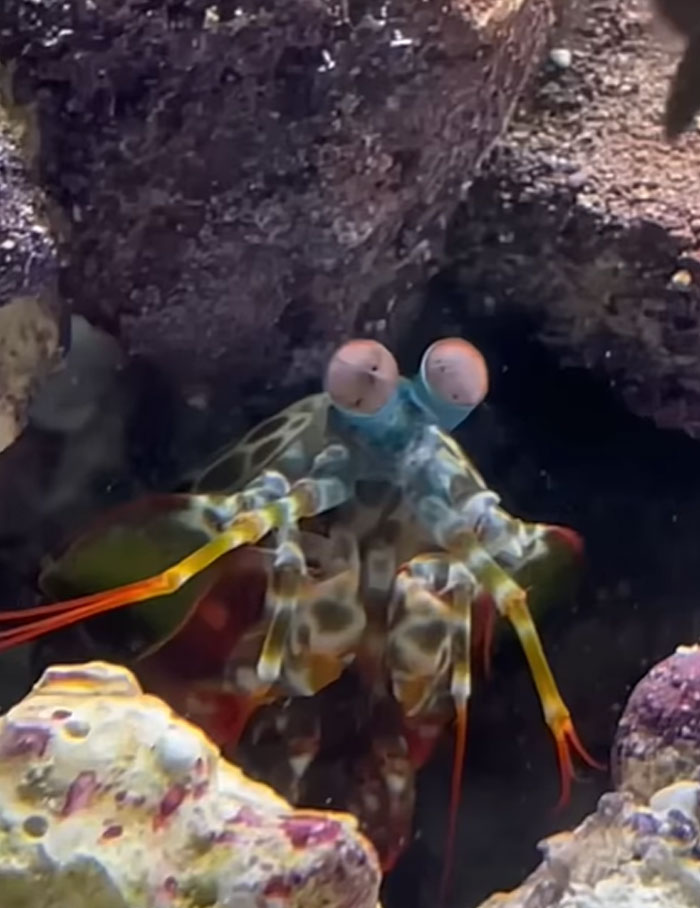
Image credits: Bannon9k
#23
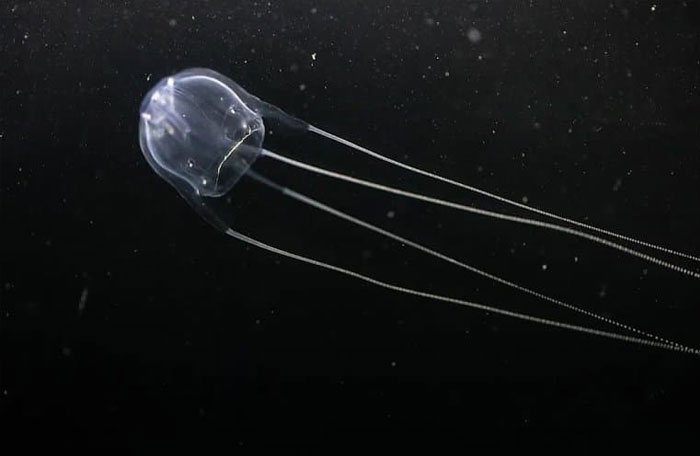
Image credits: canigetabagel
#24
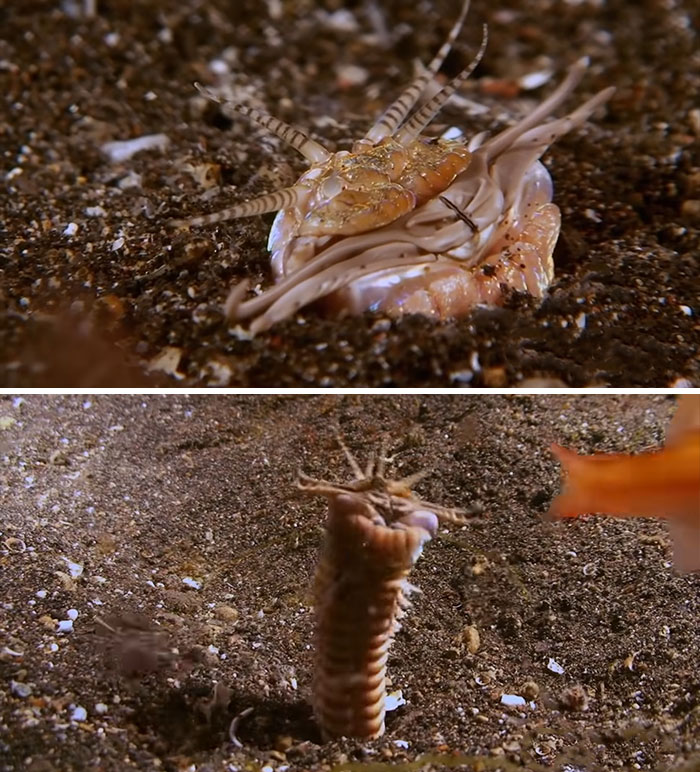
Image credits: DiligentPenguin16
#25
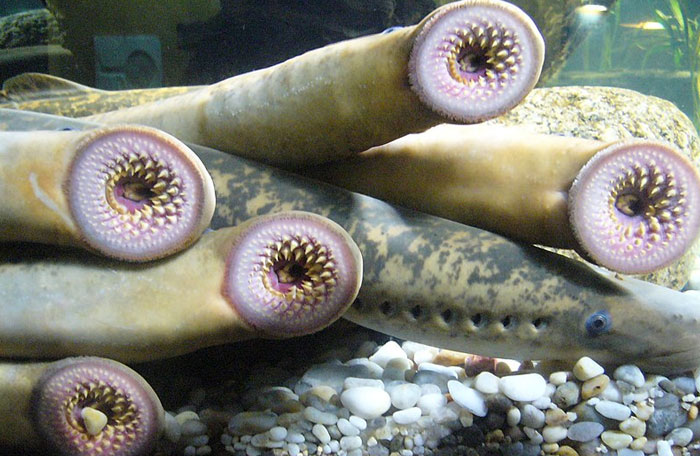
Image credits: NewScientist4572
#26
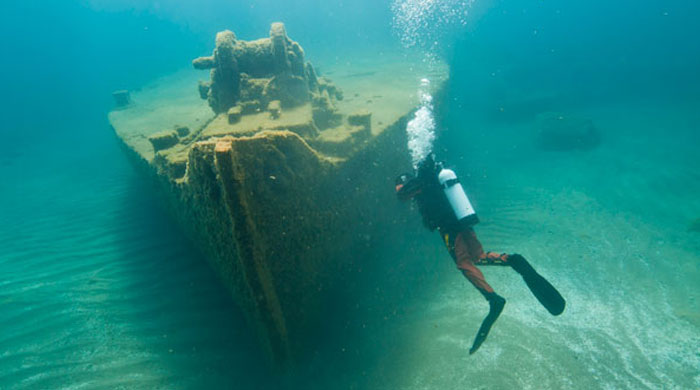
Image credits: ThisistheHoneyBadger
#27
Shape shifting creature found in the bottom of the ocean.
Marine biologist Bill Austin has suggested it is likely a comb jelly (ctenophore).
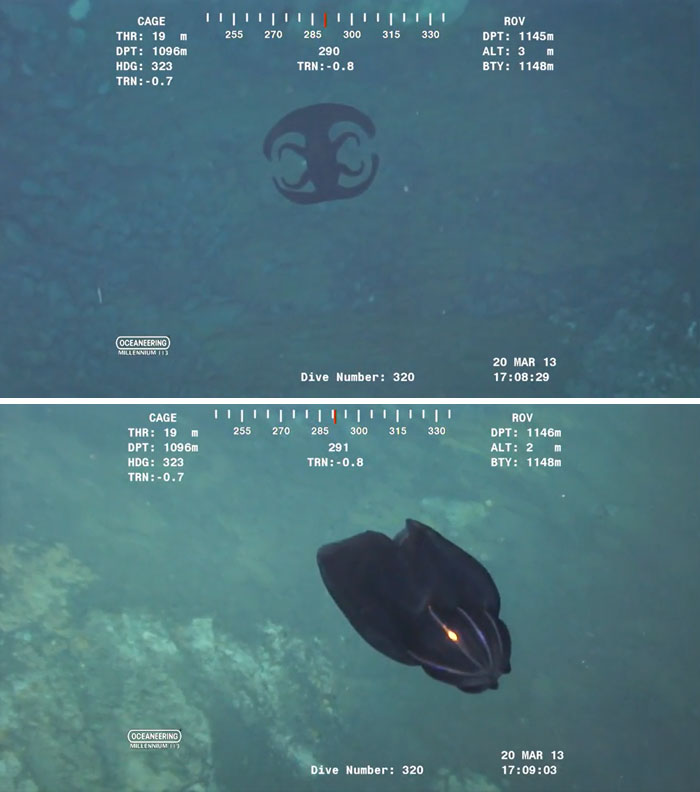
Image credits: spineapples
#28
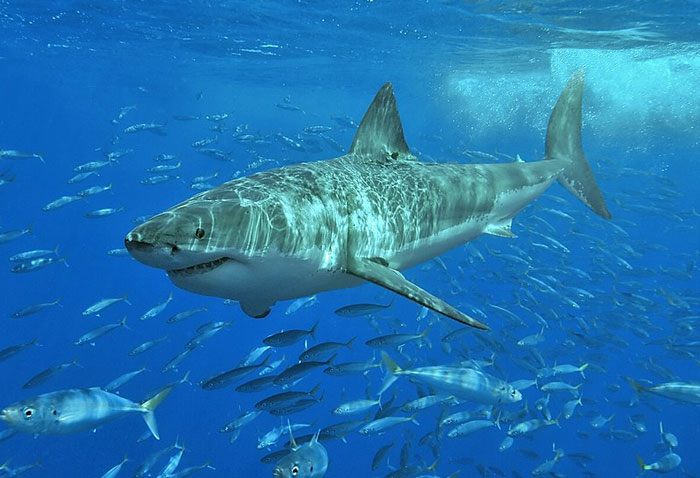
Image credits: zahnsaw
#29
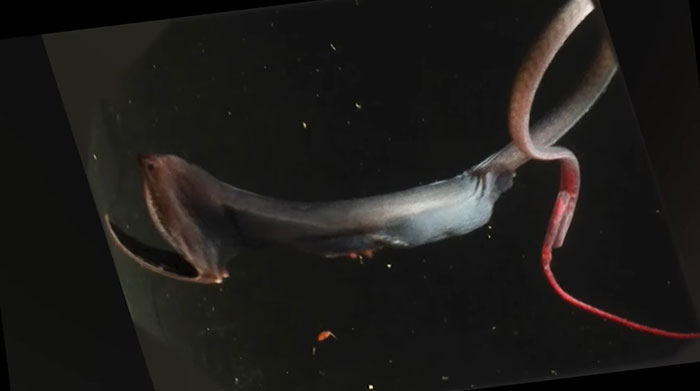
Image credits: RaptorCheeses
#30
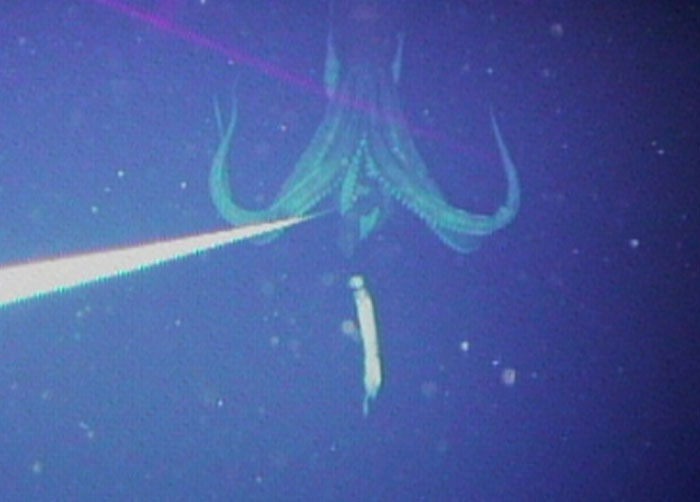
Image credits: gaoshan
The plastic patchAre we just not going to talk about a telescope fishThe Oil Spill in the Gulf of Mexico
Goblin Shark. Thing looks scary as hell and its jaw [jumps out and attacks]The Lamprey is downright creepy AF!The tongue-eating louse. A parasite that eats the tongues of fish and then just hangs out in their mouths.I'd s**t myself if I happened upon a spider crabCaves in icebergs that constantly change while you are inside themFor me personally, ANY Anglerfish. Black Seadevil Anglerfish Nah. The scariest thing to me is falling into a shoal of Humboldt squid. They hunt in packs (and can easily just think ooh human=food) and wrap their powerful arms (with 100-200 hooked suckers) around their prey and then bite down with this bone-crunching beak They grow to about 2.2m and 50kgs. And the worst part is that squid don't really care or seem to notice if the prey is still alive. And adult humans are usually too much to fill a squid stomach. Imagine getting a leg eaten off and then released only to descend lower and either have the process repeat with another squid or to slowly drift downward into the abyss Oh yea I guess you just drown at that point. But imagine you got gear or something. Terrifying. The Humboldt Squid is sometimes called the Red Devil. Siphonophores. Not individual organisms but colonies. by their 'design' no two will look *exactly* alike, & some are quite gorgeous, but others look like an artist render of Yog-Sothoth"The frilled shark” discovered in Awashima, Japan. It inspired the second form of Shin Godzilla, which is also pretty unsettling.Not the biggest or maybe scariest, but I'd argue the - Cookie cutter shark. Is the most ghoulish and depraved - using razor sharpe circular teeth to bore a gaping hole in its victim. Like something from a SAW movie. The colossal squid takes some beating... we have never seen one alive, presumably they live too deep to be spotted, but dead ones have washed up or been [cauight accidentally]. On hooks laid out for other fish. Up to 14m long and half a ton in weight they are bigger and meaner than the 'Giant' squid, big enough to prey on sperm whales, which we know because whales bearing gnarly scars from their beaks/hooks have been recorded.Giant sea spider in Antarctic waters Polar gigantism is a hell of a thingPhantom jellyfish I think are harmless, but they look terrifying and occupy a lot of spaceVampire squidThis MF has always fascinated/freaked me out. The Barreleye fish Magnapinna squid. This thing is wild. Caught on camera at a drilling site.Googly eyed stubby squid. You’re welcome for the nightmaresMantis shrimp. We're so freaking lucky these things don't get very big.The irukandji jelly fish. It’s tiny (1-2 cm in diameter) but is extremely venomous and can even be lethal. The worst part is that you don’t feel an extremely painful wound at first. It’s about 10-40 minutes AFTER they sting you that you start feeling anything. A tiny jellyfish small enough not to see it and land you in the hospital with the possibility of death? No thank you. Some of the symptoms: back pain, diffuse muscle cramping, nausea, vomiting, profuse diaphoresis, headache, anxiety, agitation, nausea, vomiting, and piloerection Bobbit worms. They look like something out of a hell dimension, they range from 4 inches to 10 FEET long, and their jaws are so powerful that they can snap fish in half. And what’s worse about them compared to a lot of the answers in this thread is that *you can end up with a Bobbit worm in your at home saltwater aquarium by accident*. They like to live in holes of large rocks, which are also popular among aquarium enthusiasts to use as decor, or hide inside the substrate at the bottom of an aquarium. As they are ambush predators who are mostly active at night, you probably won’t figure out that there’s one inside your aquarium until you notice fish have started to go missing. These worms are almost impossible to get rid of out of your large aquarium rocks, as they can cling so tightly to the hole they’re in that you can’t pull them out. They’re also really good at hiding in small spaces. If you tear the worm apart trying to get it out (which is pretty easy to do) the leftover part inside the rock hole can regenerate into a new Bobbit worm. ETA: As to why an aquarist doesn’t just boil the rock/bake the rock before putting it in their tank to prevent Bobbit worms- The rocks the worms hitch in on are called “live rocks”. These rocks are from the ocean floor and contain microorganisms, bacteria, algae, coral, and invertebrates that help make the tank water healthy and stable. So anything that would kill the worm beforehand would also kill all the beneficial organisms on the rock, thus defeating the purpose of buying an expensive live rock. By the time they’ve figured out a Bobbit worm got into their tank it might have been weeks or months since the rock got put in (as Bobbit worms hide during the day and hunt at night). At that point the worm could be anywhere in the tank.Hands down Sea Lampreys. These creatures haunt me. They are the most horrific thing I've ever seen Great Lakes shipwrecks. For some reason, they are creepier when they are more perfectly preserved. So friggin cool but also scares me
Great white sharks. Let’s not overthink this.I submit for your viewing pleasure, or horror, The gulper eelA giant squid. One of these can supposedly take down a small whale (not an adult sperm whale… those actually feed on these guys). A person would barely be a snack.






































